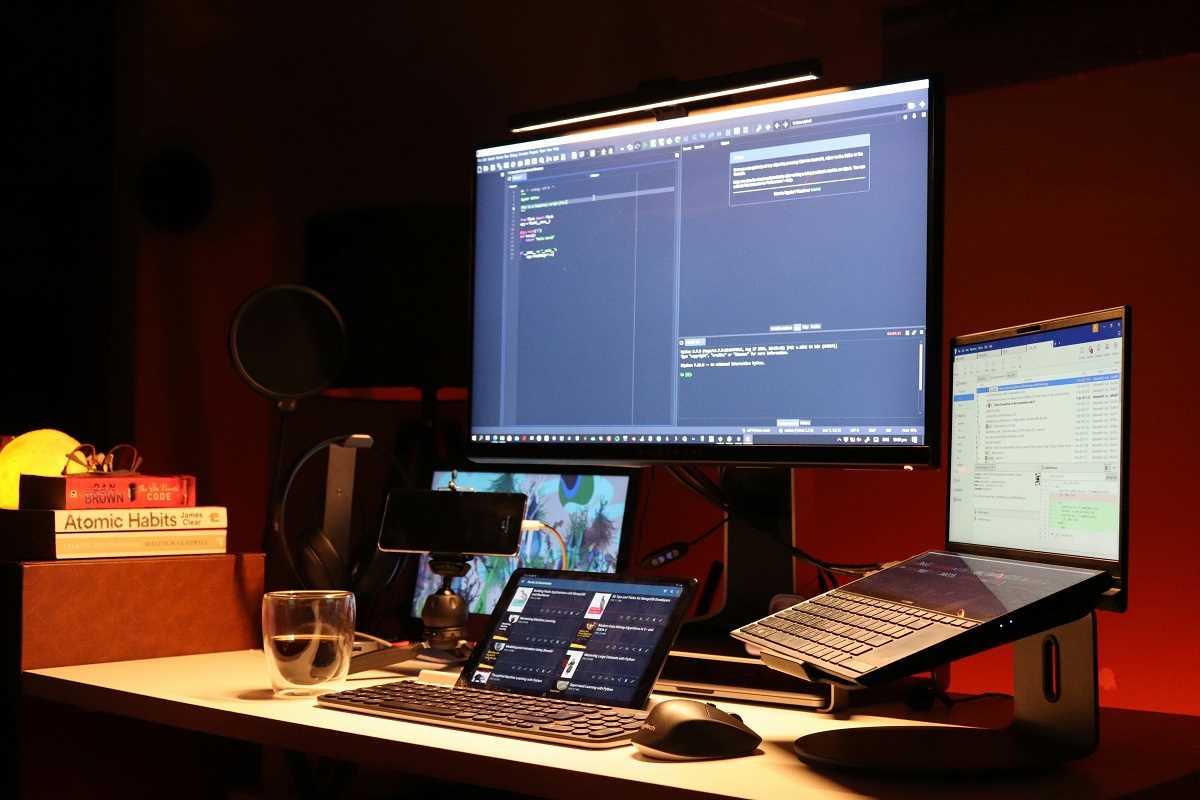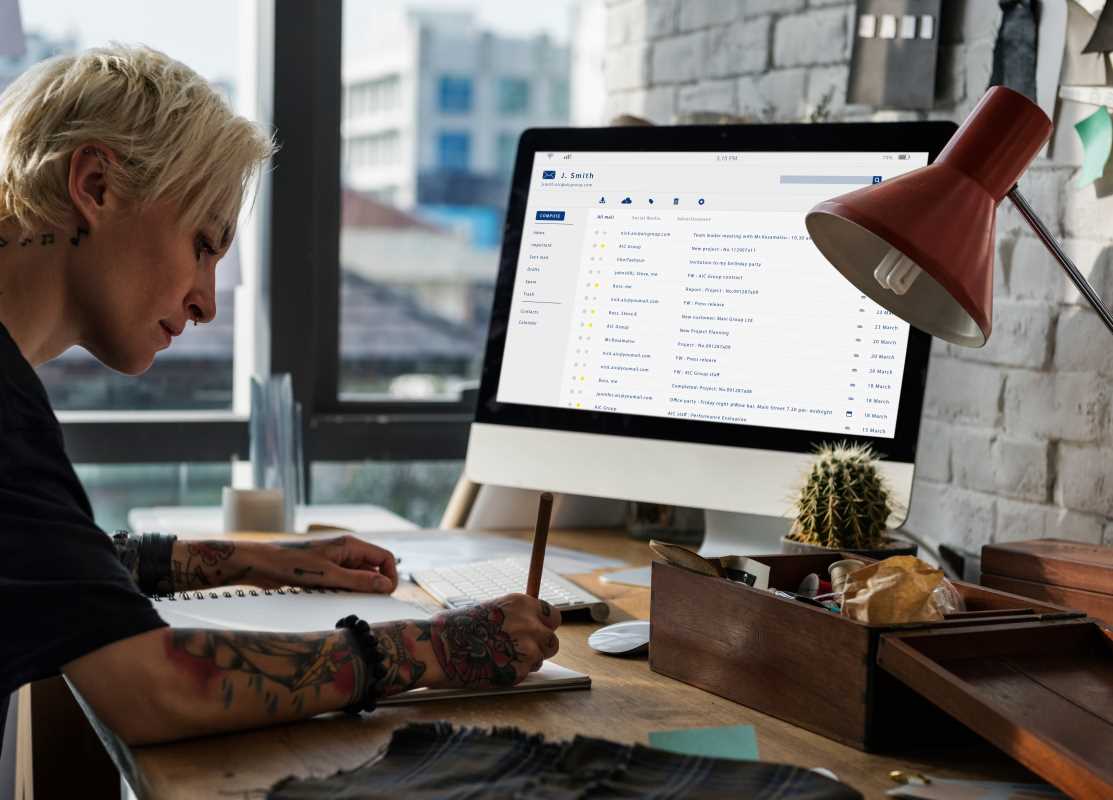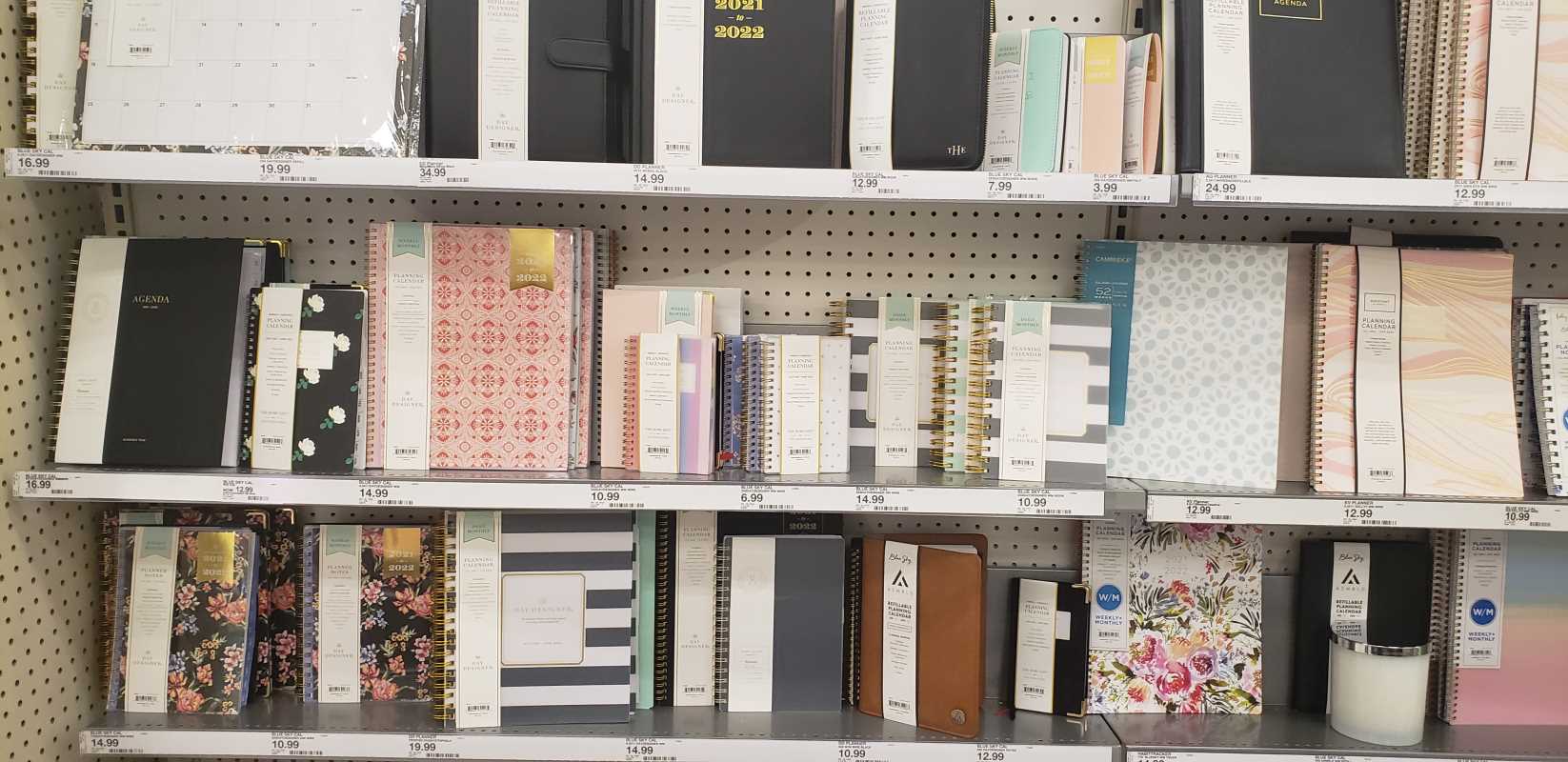Do you ever feel like your brain has too many tabs open? It’s a common feeling in our hyper-connected lives, where notifications ping constantly and your phone screen looks like a chaotic mosaic of app icons you barely use. This digital overload isn't just messy; it’s actively draining your focus and mental energy. That’s where digital decluttering comes in—it’s the practice of tidying up your digital life to reclaim your attention and find some much-needed mental clarity.
Think about your physical space for a moment. A messy desk, a cluttered room, or a disorganized closet can make you feel stressed and unfocused. Your digital environment works the same way. Every unused app, overflowing inbox, and disorganized folder on your desktop is a small piece of mental baggage. While each item might seem insignificant on its own, they collectively create a landscape of digital noise that your brain has to navigate every single day.
The Science of a Cluttered Digital Life
Our brains are powerful, but they have limits. One of the most significant limitations is our attention span. Every time a notification pops up, your phone buzzes, or you see a new email alert, your focus is broken. This is known as context switching. When you jump from writing a report to checking a Slack message, then to scrolling Instagram, and back to the report, your brain has to re-engage with the original task each time. This process isn’t seamless. It takes time and mental energy to get back into the flow, and studies show it can reduce productivity by as much as 40%.
This constant interruption taxes our prefrontal cortex, the part of the brain responsible for decision-making, planning, and focus. When it’s overloaded with a constant stream of information from dozens of apps and notifications, it struggles to prioritize what’s important. The result? You feel scattered, overwhelmed, and less effective. Digital clutter amplifies this problem by presenting you with too many choices. Which app should you open? Where did you save that file? Why are there 30,000 unread emails in your inbox? Each of these micro-decisions chips away at your cognitive resources, leaving you with less mental bandwidth for deep, meaningful work.
How Digital Clutter Manifests
As early tech adopters, we’re often the first to try new apps, sign up for new services, and integrate the latest gadgets into our lives. While this keeps us on the cutting edge, it also makes us prime candidates for digital clutter. Here are some of the most common culprits:
- The App Graveyard: Your phone's home screen is prime real estate. Yet, for many of us, it’s filled with apps we downloaded for a specific purpose and then forgot about. That photo editing app from a vacation three years ago? The trendy game you played for a week? Each one is a visual distraction and a potential source of notifications.
- The Endless Inbox: Your email inbox can quickly become a digital dumping ground. Newsletters you don’t read, promotional offers, old work threads, and social media notifications all compete for your attention. An inbox with thousands of unread emails creates a sense of obligation and can trigger anxiety every time you open it.
- Desktop Chaos: Is your computer desktop covered in a random assortment of screenshots, old documents, and downloaded files named
Final_Draft_v3_final_FINAL.docx? A cluttered desktop makes it harder to find what you need, wasting time and adding a layer of visual stress to your workday. - Cloud Storage Confusion: Services like Google Drive, Dropbox, and iCloud are amazing tools for storage and collaboration. However, without a clear folder structure, they can become digital black holes where files disappear forever. Trying to find a specific document in a disorganized cloud drive is the digital equivalent of searching for a needle in a haystack.
- Notification Overload: Perhaps the most aggressive form of digital clutter is the constant barrage of notifications. Social media likes, news alerts, app updates, and calendar reminders all demand immediate attention, pulling you out of whatever you’re doing and hijacking your focus.
The Transformative Benefits of Going Digital Minimalist
Digital decluttering isn’t about getting rid of all your technology. It's about being intentional with the tools you use. By curating your digital environment, you can create a space that supports your goals instead of undermining them.
1. Sharpened Focus and Deeper Concentration
When you eliminate distractions, you give your brain the space it needs to engage in deep work. By turning off non-essential notifications, you can stay in a state of flow for longer periods. Imagine writing code, designing a graphic, or drafting a proposal without being interrupted every five minutes. The quality and efficiency of your work will skyrocket. A clean desktop with only the files you're currently working on helps you zero in on the task at hand, preventing your eyes—and your mind—from wandering.
2. Reduced Anxiety and Mental Overload
A clean, organized digital space has a calming effect. When you open your email and see "Inbox Zero," you feel a sense of control and accomplishment. When your phone only has apps that you intentionally use and value, you eliminate the background noise of countless unused icons. This reduction in digital stimuli lowers cognitive load, which in turn reduces feelings of stress and overwhelm. You no longer feel a constant, low-level pressure to check, respond, and manage a chaotic digital world.
3. Increased Productivity and Efficiency
Think about the time you waste looking for files, sorting through emails, or getting sidetracked by social media. It all adds up. A well-organized digital filing system, whether on your local drive or in the cloud, means you can find what you need in seconds. A streamlined app library on your phone makes it a tool for productivity, not a device for procrastination. By decluttering, you remove the friction between you and your work, allowing you to get more done in less time.
4. Reclaimed Time and Intentionality
One of the most profound benefits of digital decluttering is reclaiming your time and attention. When you consciously decide which apps, newsletters, and notifications deserve a place in your life, you are taking back control. This newfound intentionality often spills over into other areas of your life. You become more mindful of how you spend your time, both online and off. Instead of mindlessly scrolling through feeds, you might find you have more time for hobbies, exercise, or connecting with people in the real world. You start using technology as a tool to enhance your life, not as a default activity to fill empty moments.
By thoughtfully curating your digital world, you're not just cleaning up files and deleting old apps. You are designing an environment that fosters focus, reduces stress, and empowers you to be more present and productive. It’s a powerful step toward achieving mental clarity in an increasingly noisy world.
 (Image via
(Image via





